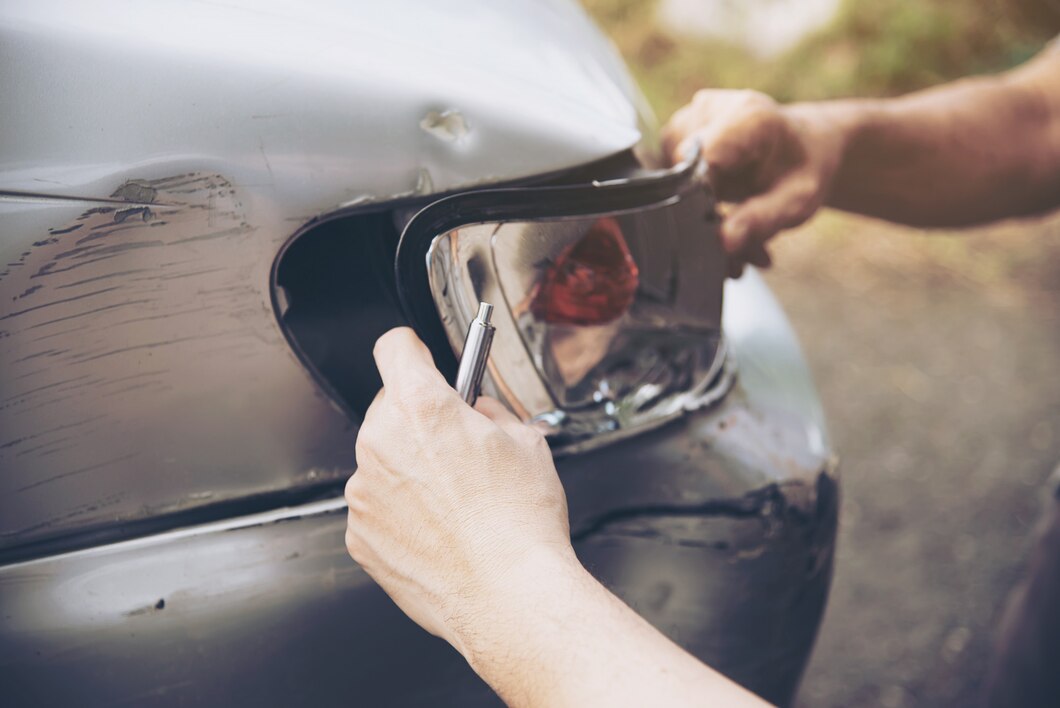Buying a car that has sustained minor accident damage can be a tempting option for budget-conscious buyers looking for a good deal. However, it’s crucial to weigh the advantages and disadvantages carefully before making a decision.
Pros:
- Cost Savings: One of the primary reasons buyers consider cars with minor accident damage is the potential cost savings. These vehicles typically sell at a lower price compared to their undamaged counterparts, allowing buyers to potentially get a newer or better-equipped model within their budget.
- Negotiation Power: Due to their damaged history, these cars often have lower resale value and are harder to sell, giving buyers more leverage to negotiate a lower price.
- Repairable Damage: Minor accident damage usually involves cosmetic issues or light structural damage that can be repaired relatively easily. If repaired properly, the car can be restored to near-original condition.
- Availability: There may be a wider selection of vehicles available with minor damage compared to pristine used cars, offering more options to choose from.
- Insurance Considerations: In some cases, insurance premiums might be lower for cars with prior minor damage, as their market value is lower and they may be perceived as lower risk by insurers.
Cons:
- Hidden Damage: Not all damage is immediately apparent. Even minor accidents can sometimes lead to hidden issues with the vehicle’s frame, alignment, or mechanical components. These hidden problems can be costly to repair later on.
- Resale Value: Cars with a history of accidents typically have lower resale value. When you decide to sell or trade in the vehicle, potential buyers may be wary, which could further decrease its value.
- Quality of Repairs: The quality of repairs can vary significantly. Poorly executed repairs may lead to ongoing issues, decreased safety, or reduced longevity of the vehicle.
- Insurance Challenges: Insuring a car with prior damage may be more complicated or costly. Some insurers may charge higher premiums or offer limited coverage options.
- Perception and Financing: Some lenders may be hesitant to finance a vehicle with prior damage, or they may offer less favorable loan terms due to perceived risk.
Deciding whether to purchase a car with minor accident damage involves careful consideration of both financial implications and potential risks. While it can be a cost-effective option initially, buyers should thoroughly inspect the vehicle, consider potential repair costs, and evaluate long-term resale value and insurance implications. Ultimately, making an informed decision based on thorough inspection and understanding of the vehicle’s history is crucial to ensuring a satisfactory purchase.











